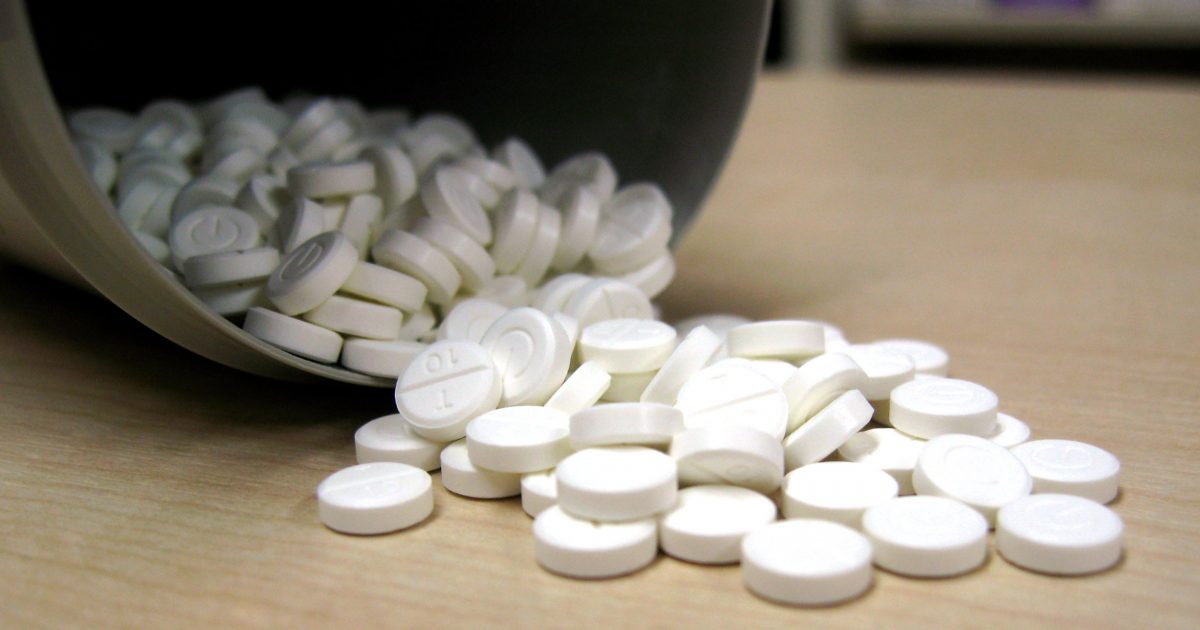
As the opioid crisis continues to ravage America, medical marijuana has emerged as a possible solution to the nationwide proliferation of prescription pills at the behest of Big Pharma.
A study conducted by American Marijuana has shown that, in the vast majority of states that had legalized medical marijuana, prescriptions for opioids dropped in the year following legalization in comparison to the year prior to legalization. Of the 19 states that were studied, only four of them – Jersey, New Mexico, Michigan, and Arizona – bucked the trend and increased opioid prescriptions after legalizing medical marijuana.
The state that had the most precipitous decline in opioid prescriptions after legalizing medical marijuana was Ohio, which dropped 19.2 percent after changing their laws. The state with the second biggest decline in opioid prescriptions was Pennsylvania, which dropped 17.8 percent post-legalization.
“Opiates have been prescribed by physicians for years and even though it has caused a spike in annual deaths in the US, Big Pharma’s seemed to not care at all,” noted researcher Dwight K. Blake, who spoke to Liberty Conservative News about the study.
Blake said that Big Pharma is now being forced to take responsibility for their actions after recent court rulings, including one in 2019 against executives in Insys Therapeutics who were found guilty of bribing doctors and defrauding insurers regarding their drug Subsys. Prosecutors and judges are becoming more apt to hold Big Pharma accountable for the wreckage they have perpetrated on the American people.
“Just as we would street-level drug dealers, we will hold pharmaceutical executives responsible for fueling the opioid epidemic by recklessly and illegally distributing these drugs, especially while conspiring to commit racketeering along the way,” said Andrew E. Lelling, a United States attorney in Massachusetts who pursued the case against Insys Therapeutics.
Blake believes that medical marijuana can help the people affected by the opioid crisis while the legal regime cracks down against the Big Pharma culprits.
“When medical marijuana was legalized, states have shown a decrease in death rate a year after legalized. It was so promising that only 4 out of the 15 selected states showed an increase in opioid use. And it seems to me that it’s mainly because medical marijuana was limited in these 4 states during its first year,” he said.
Blake also points to studies from patients surveyed in California that indicate marijuana can be used as am effective way to reduce or prevent opioid usage for pain management.
“74% of the 828 California patients strongly agreed that the use of cannabis as a substitute with or in conjunction with opioids for select opioid-related issues can decrease opiate dose. Moreover, 56% of the 1,684 California patients also agreed that cannabis is more effective than their non-opioid pain medication,” he said.
While marijuana can certainly result in averse effects when overused, the substance is not physically addictive and non-lethal. Medical marijuana can not only prevent the human tragedy resulting from Big Pharma’s abusive business practices, but also take money out of their coffers as well by providing a better alternative in the marketplace.



